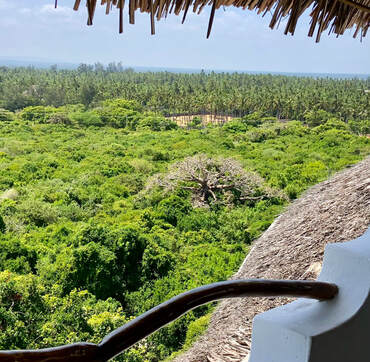
The species, like the Ginkgo Tree in the US, is prehistoric; meaning it evolved before the North American and African continents split, over 200 million years ago. It’s native to the savannah and is a succulent, evolving to survive drought and long arid seasons by storing water in its huge, porous trunk.
It produces large, extremely nutrient-dense fruit, which naturally dry on the branch (instead of dropping and spoiling), yet they retain their essential nutritional value, making it especially important during a season when few other harvests are available.
Besides the potent available fruit powder, “every part of the baobab tree is valuable - the bark can be turned into rope and clothing, the seeds can be used to make cosmetic oils, the leaves are edible, the trunks can store water and the fruit is extraordinarily rich in nutrients and antioxidants…” It can aid digestion, skin health, energy balance, and our natural immunity.
“Unlike many other supplements, baobab powder does not have to be spray-dried, freeze-dried or transformed in any way. It is 100% pure fruit in its natural form. Incredibly, the fruit has a natural shelf life of 3 years so there are no preservatives or additives whatsoever.”
The striking silhouette is unmistakeable, and a familiar site to anyone across 32 countries in rural Africa. The Baobob legacy is integral to tribal myths and extends into popular culture (The Lion King, The Little Prince, Avatar). The trees are so large and fruit is so abundant even in the very dry areas much of it goes to waste. The tree and products from its fruit have the potential to uplift communities across the continent, regions of Africa.
As well as its abundant health and beauty benefits, sustainable products from the baobab could also transform millions of lives. Baobab trees grow in some of the driest, remotest and poorest parts of rural Africa. There is no such thing as a baobab plantation; every tree is community or family-owned and wild-harvested. So far it’s yet to be corrupted by corporate agriculture (we’ll see how long before Mr. Gates and Bayer find an avenue in), and plantation farms seem irrational, as the trees are so old and productive, they defy such concepts.
In many ways The Tree of Life here offers some genuine hope to this burgeoning part of the world hungry to provide for itself, while gaining a foothold within modern culture.
https://aduna.com/blogs/aduna-world/aduna-the-great-green-wall
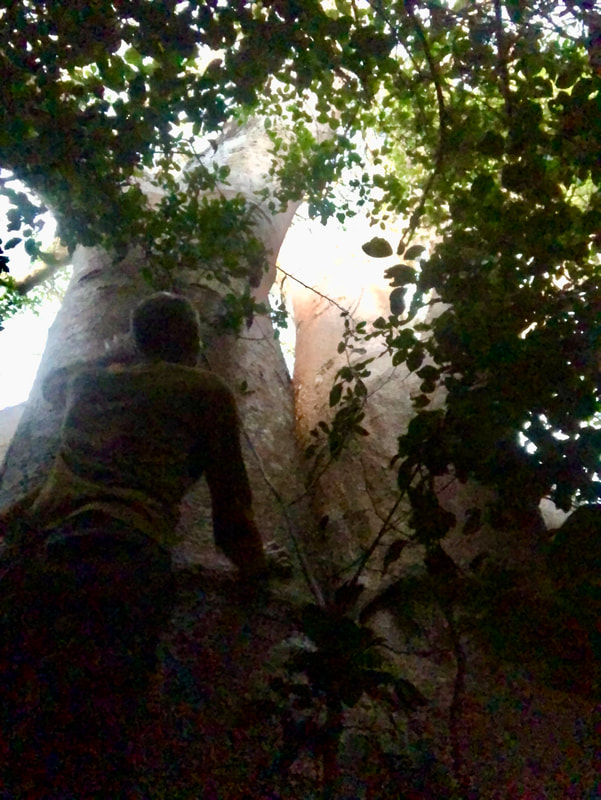
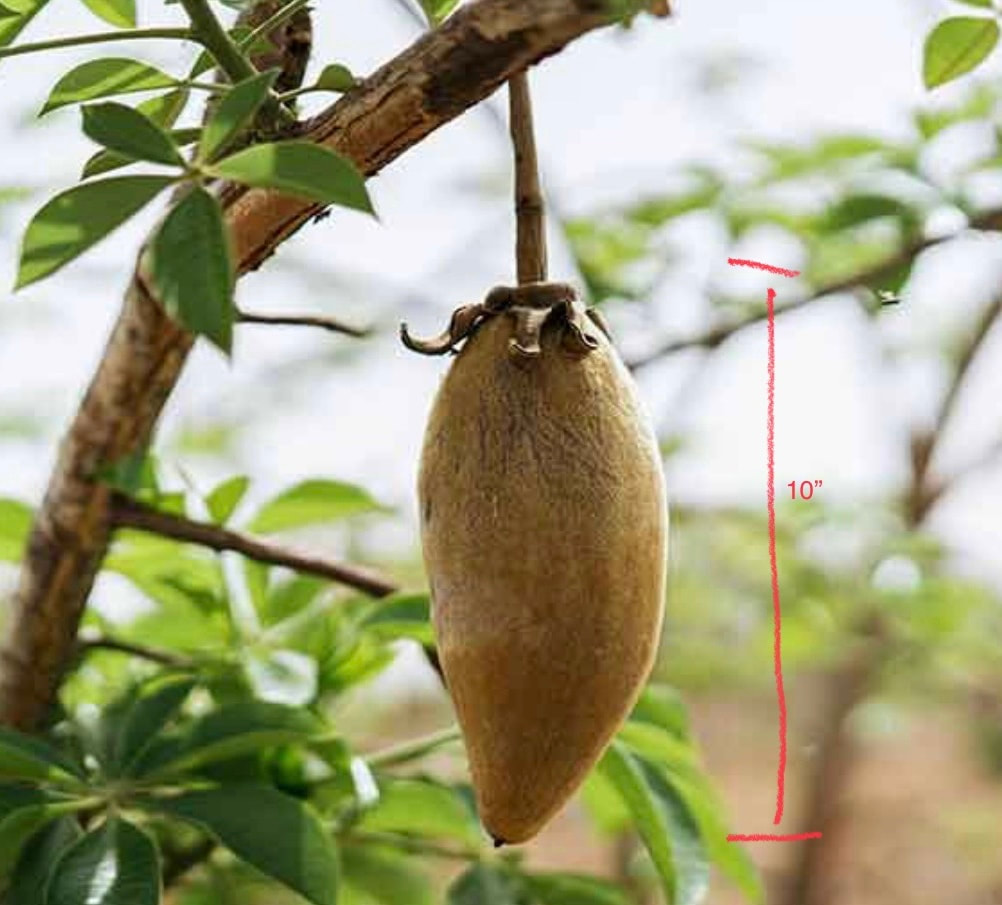
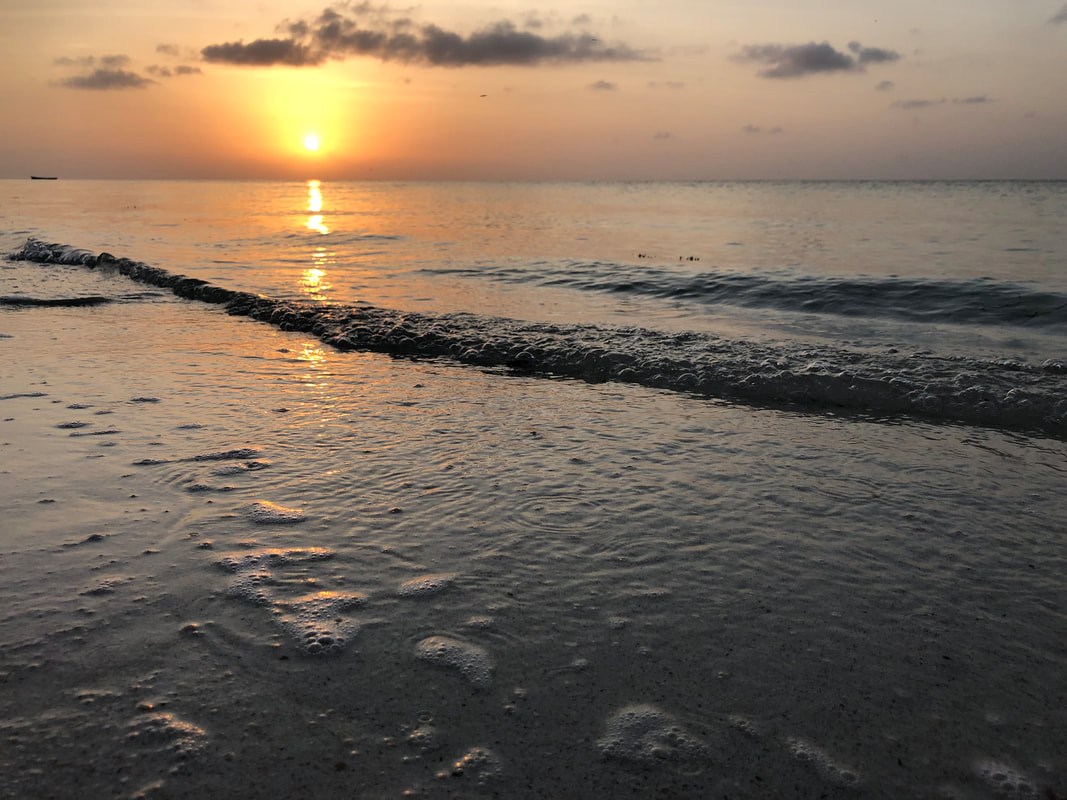
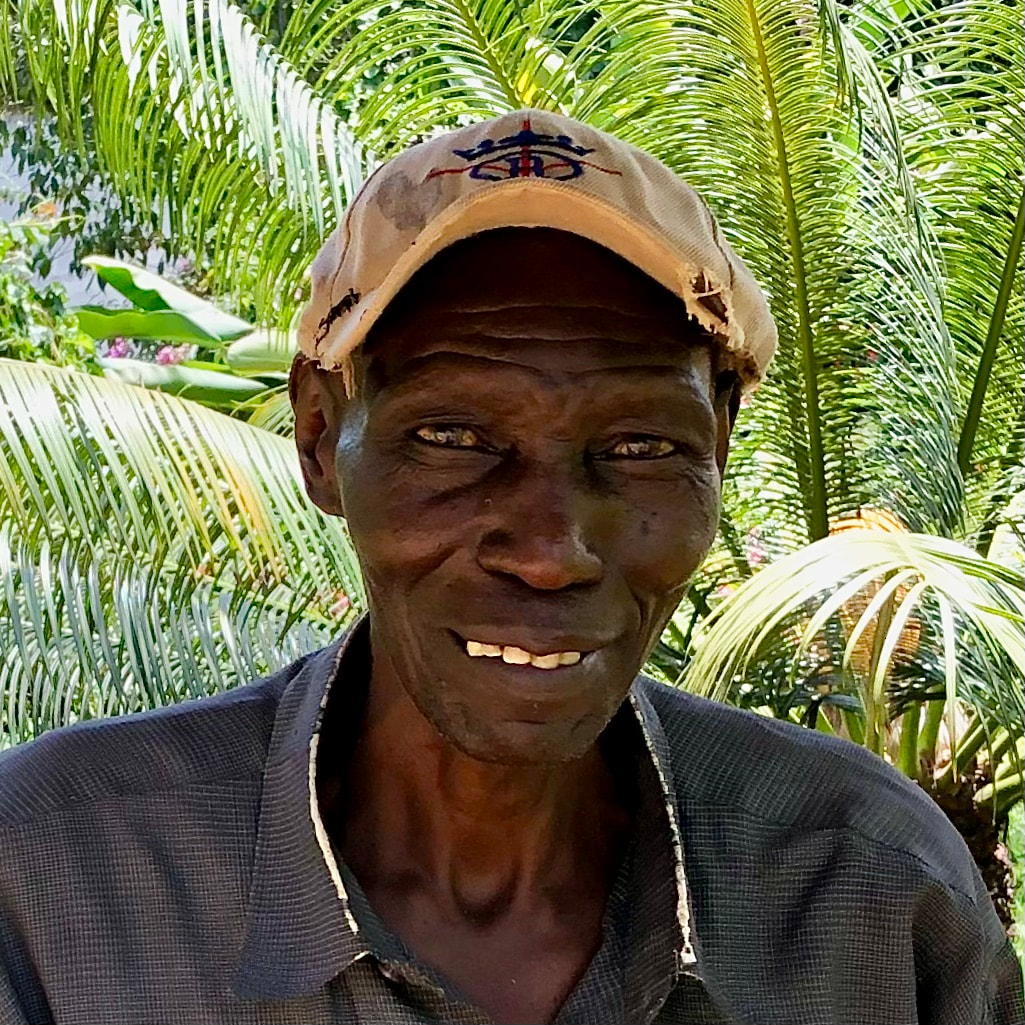
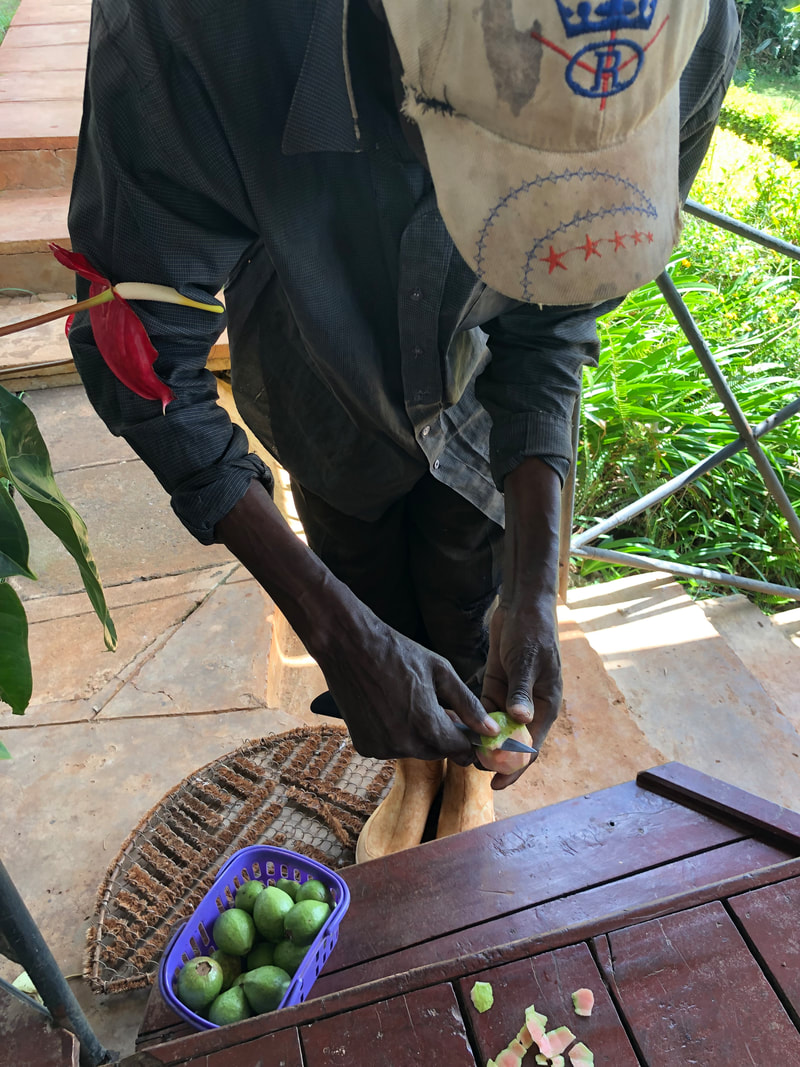
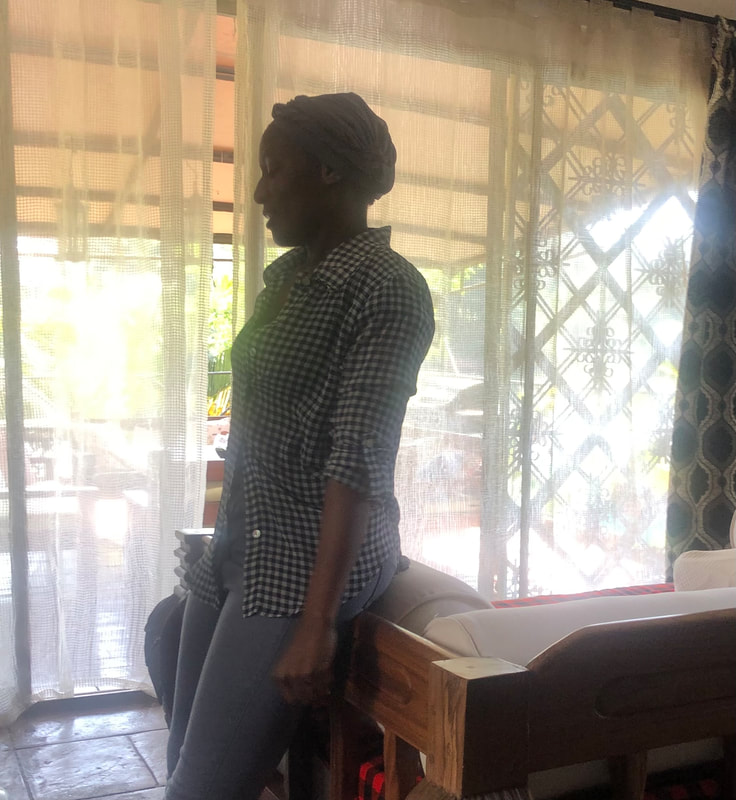
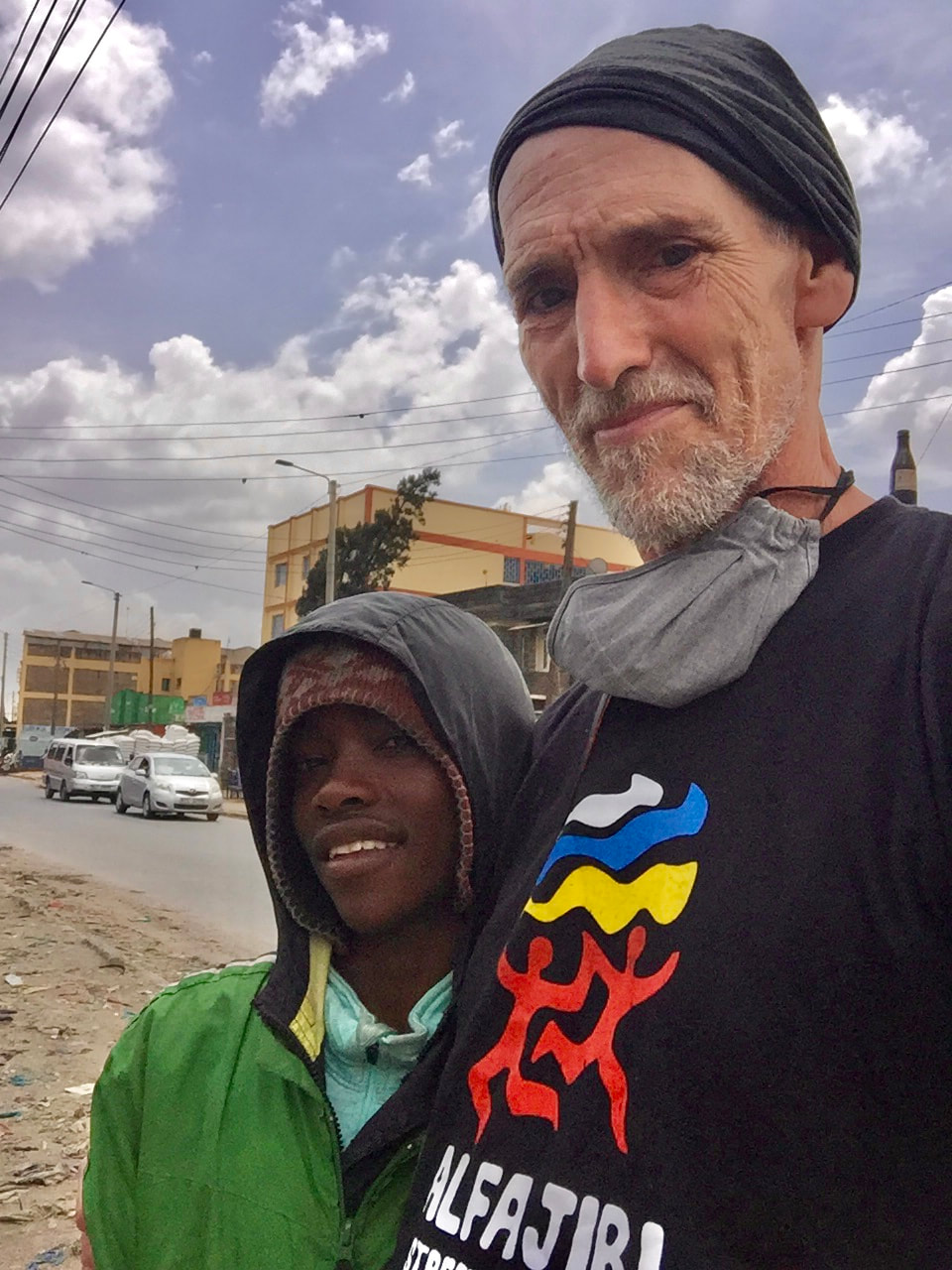
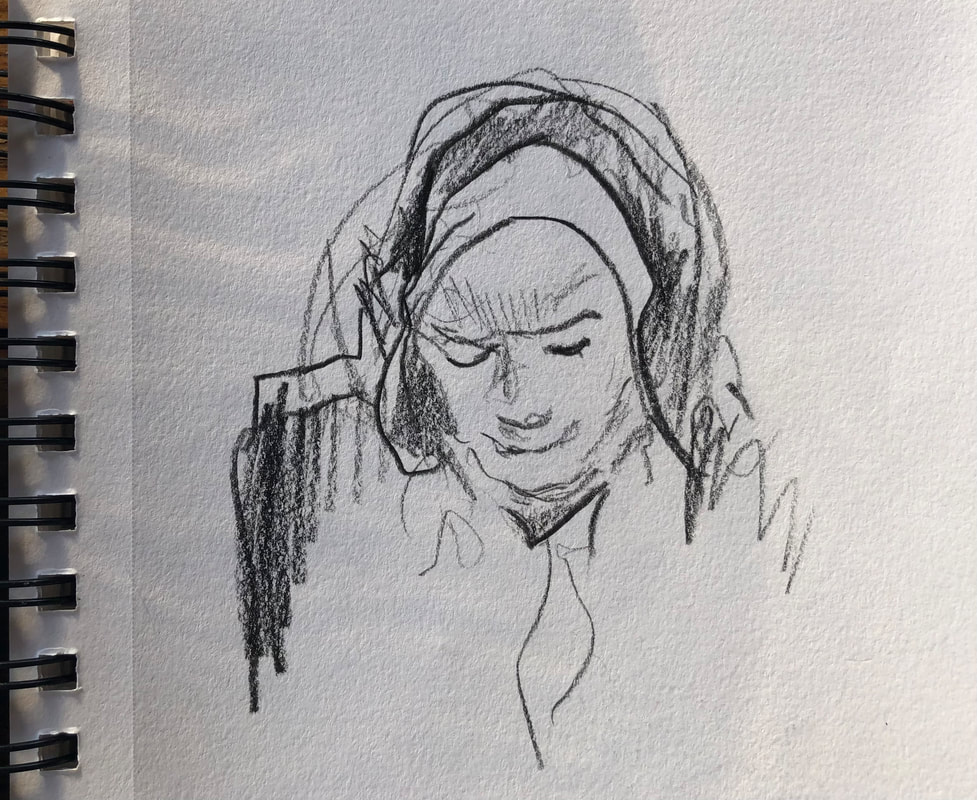
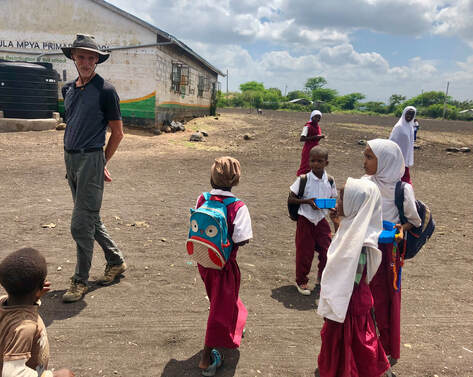
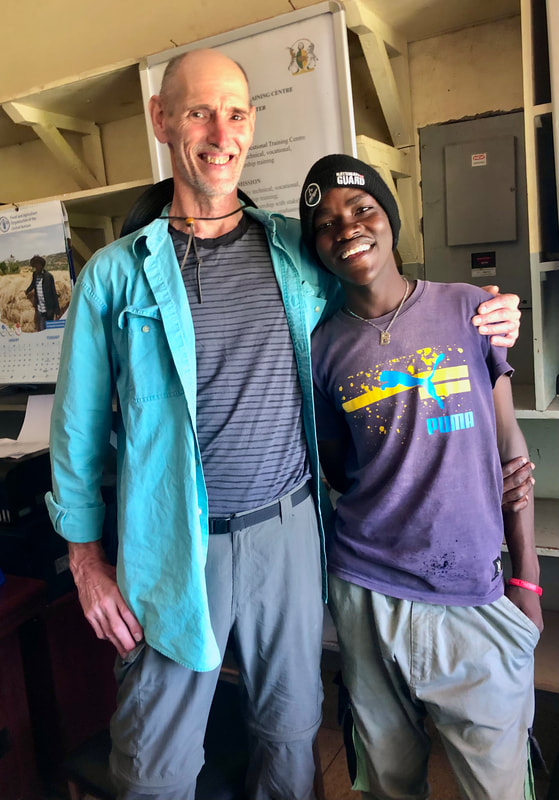
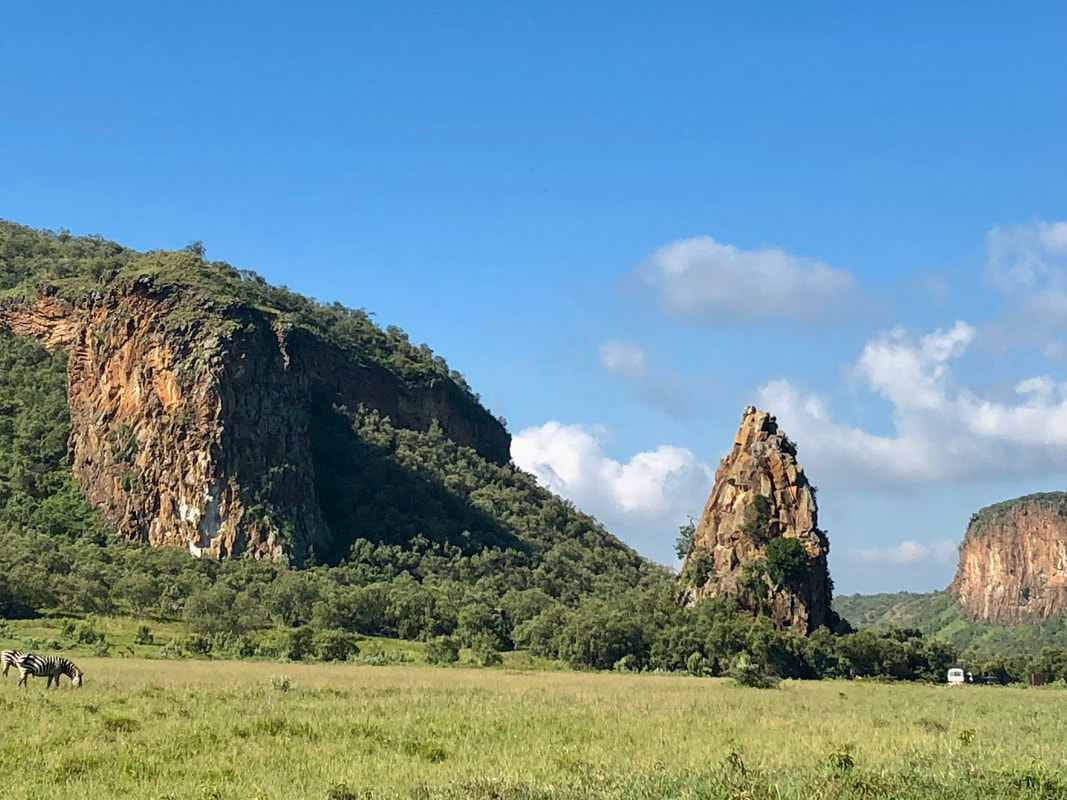
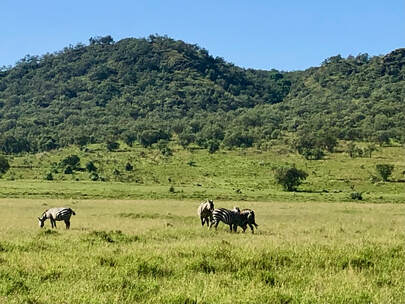
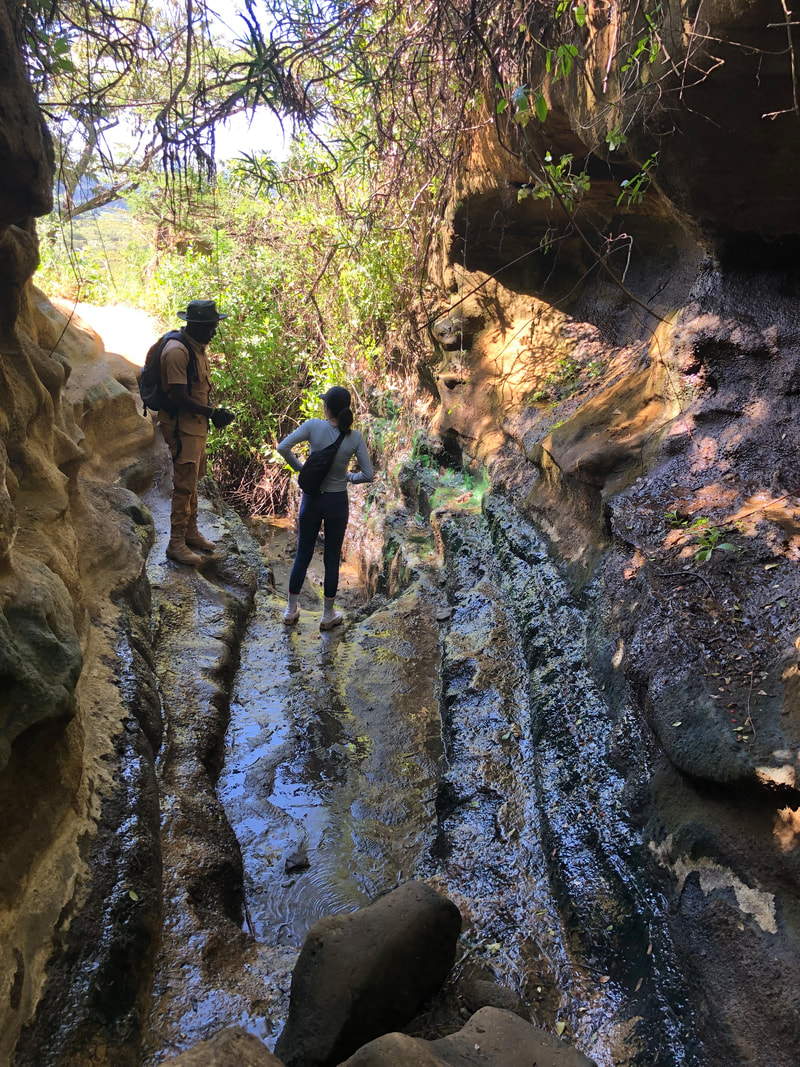
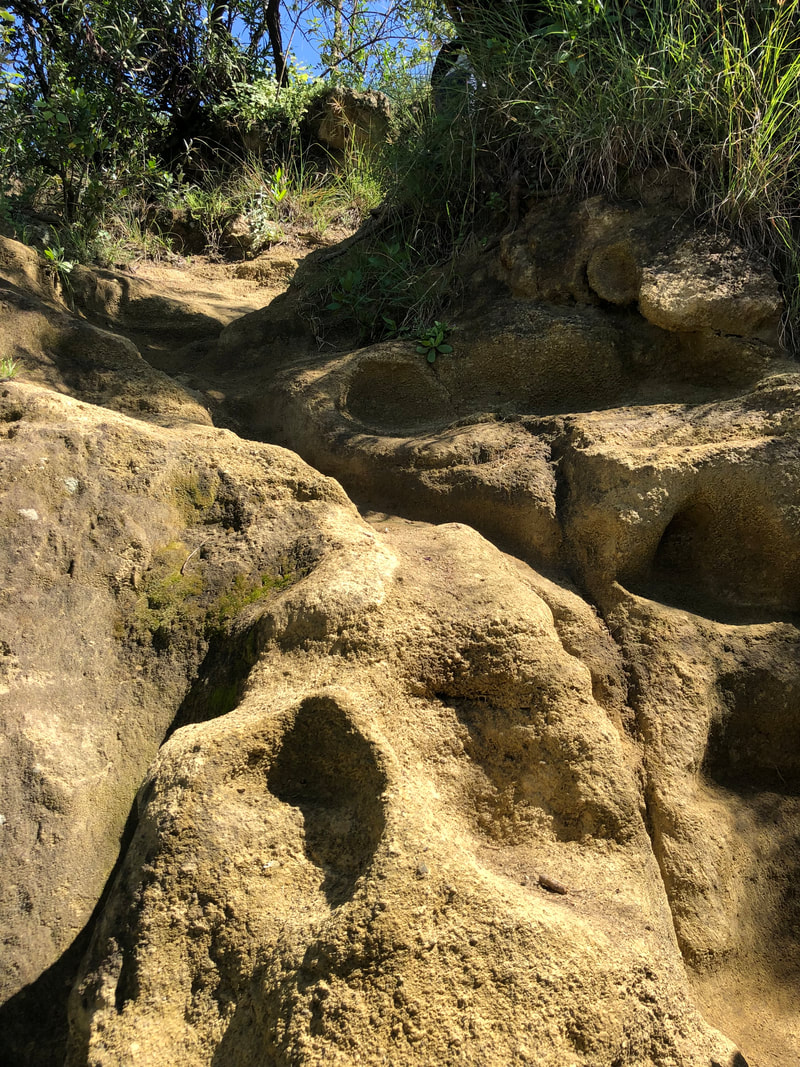
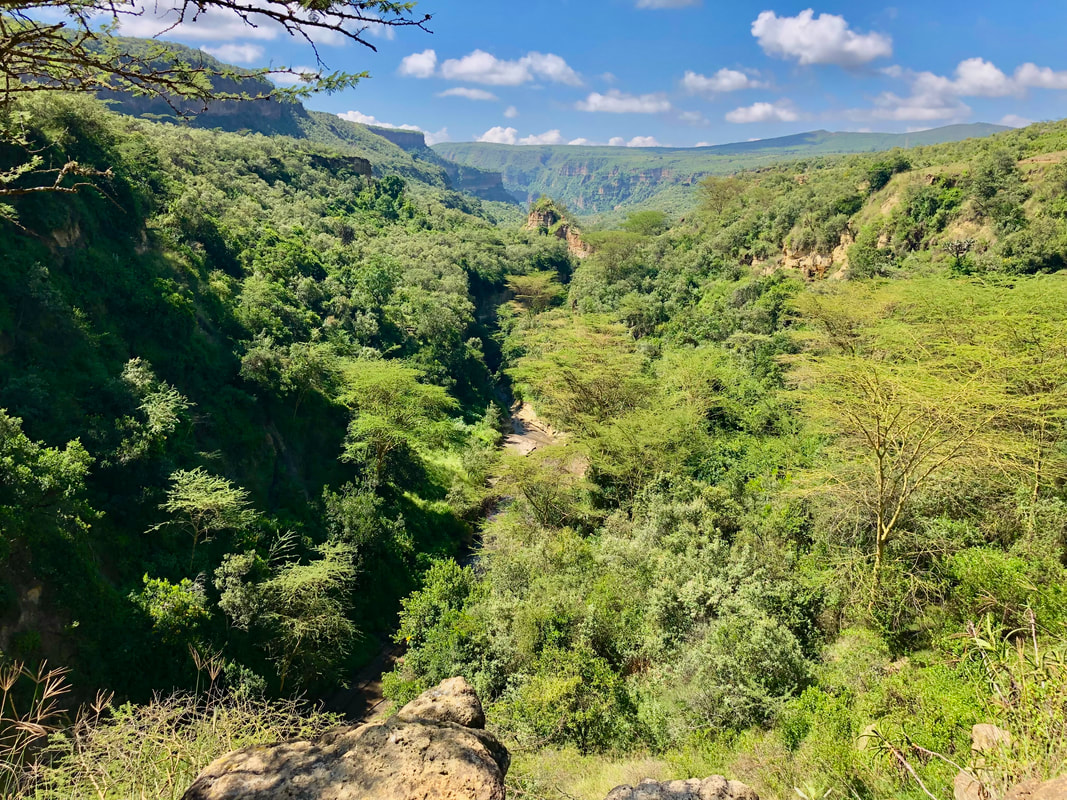
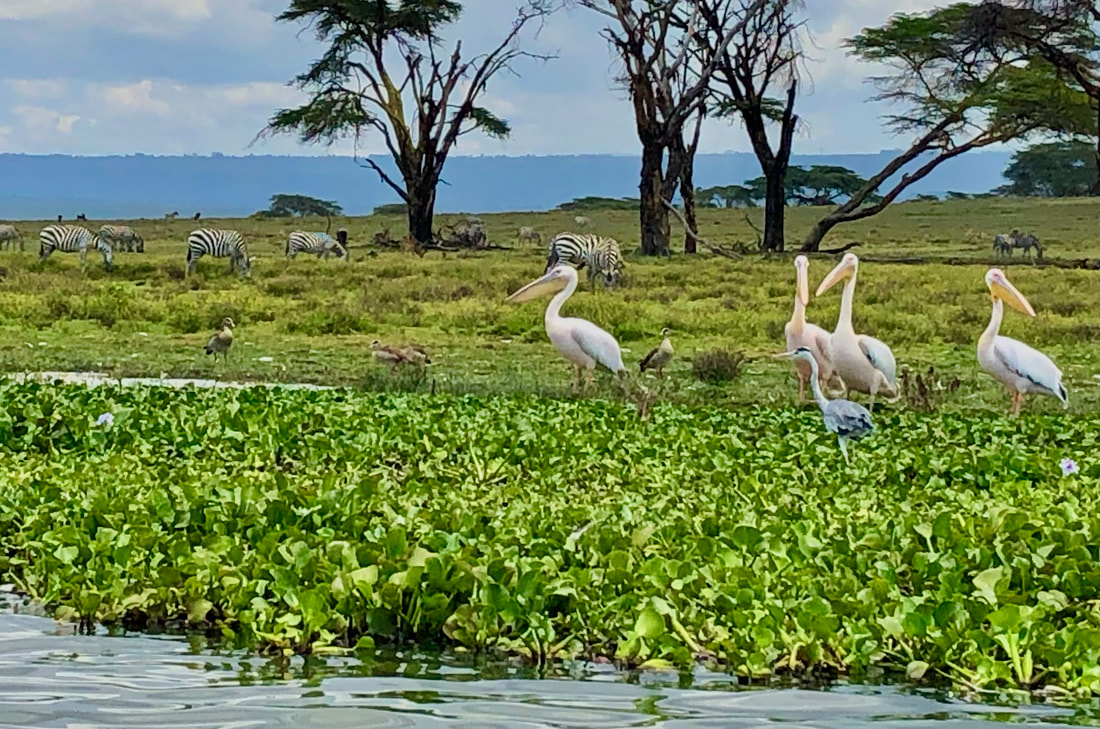
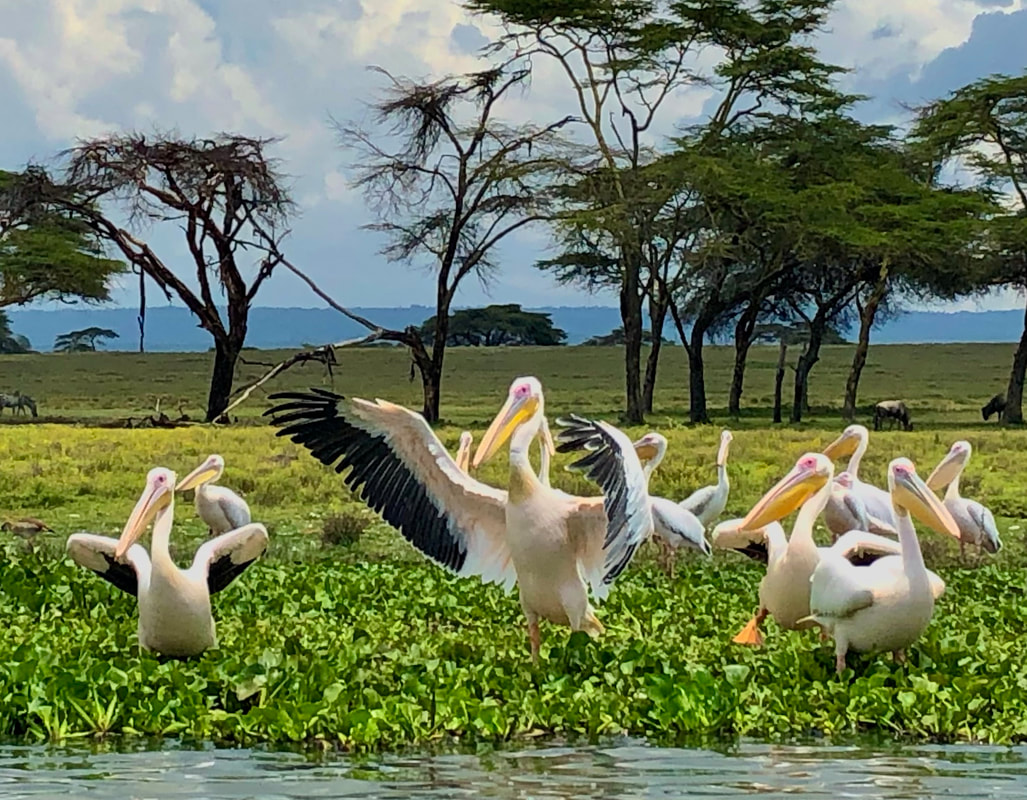
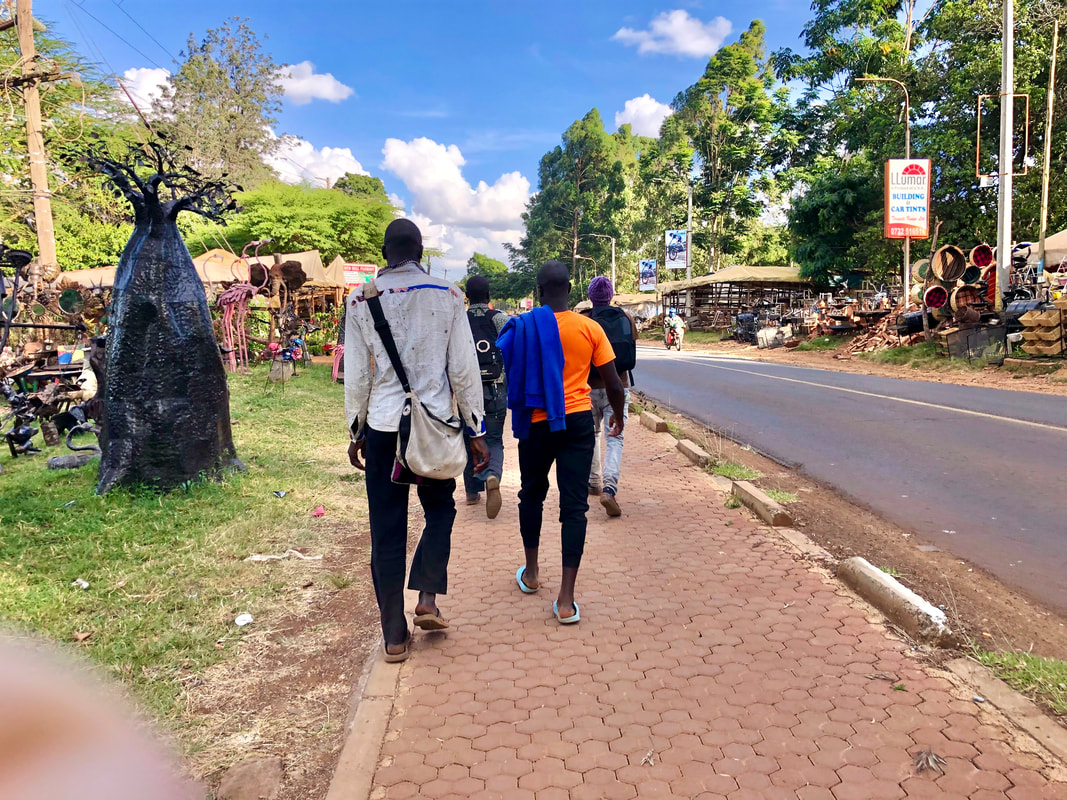
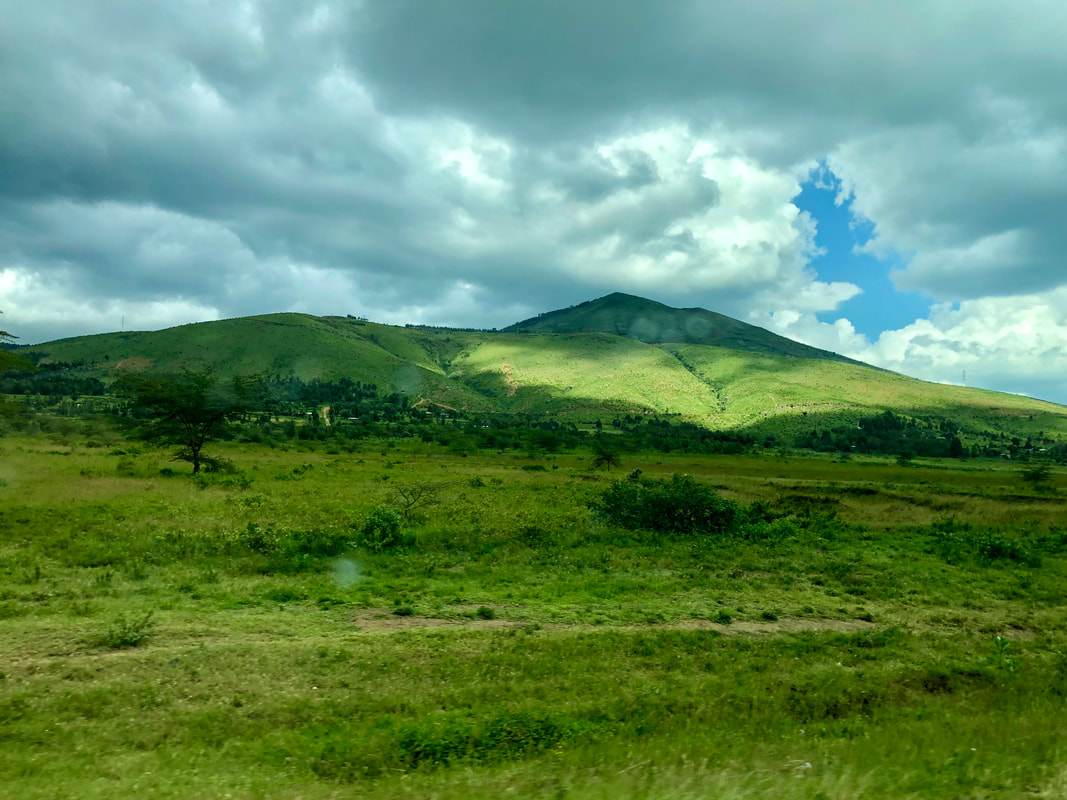
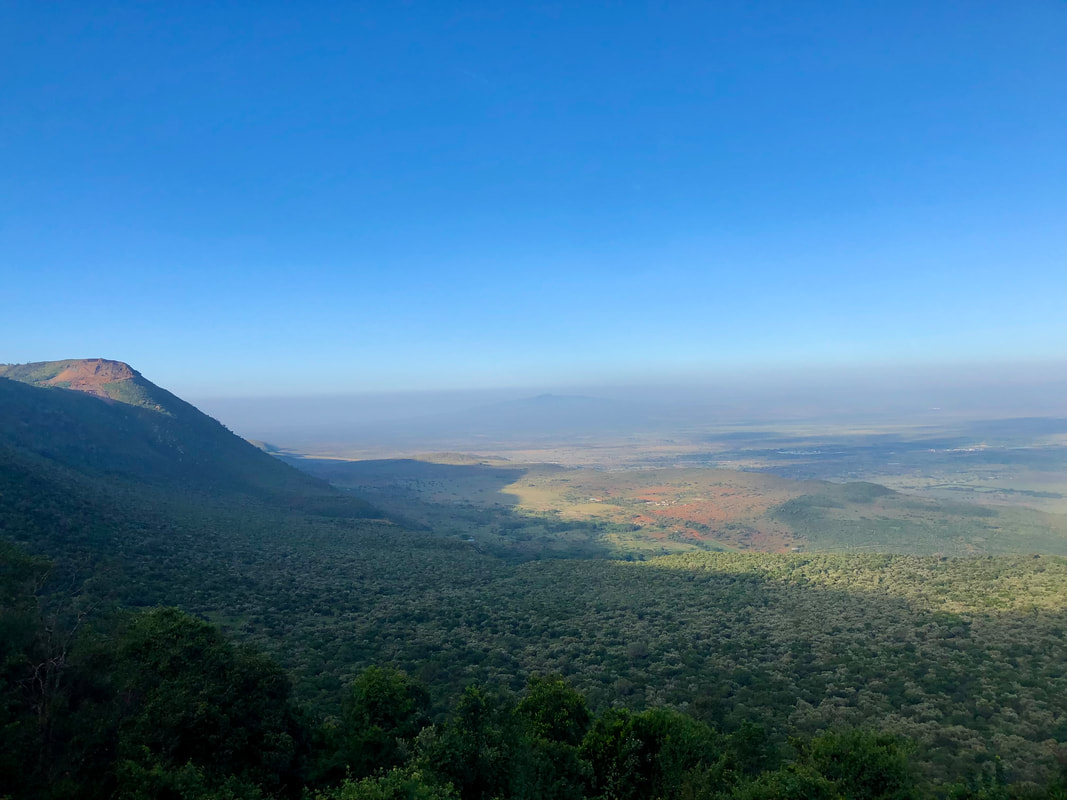
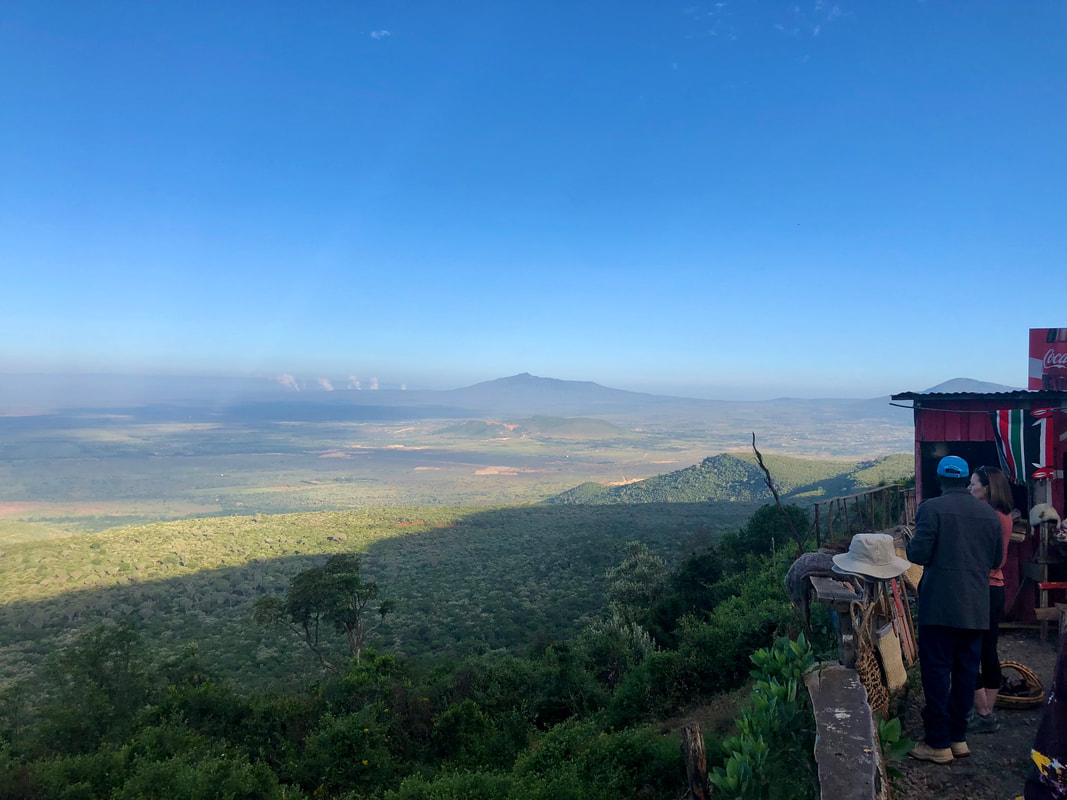
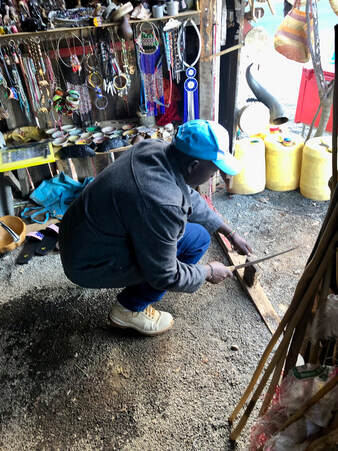
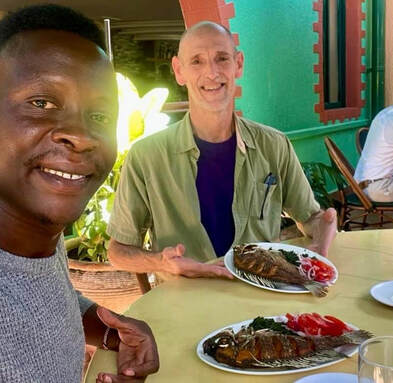
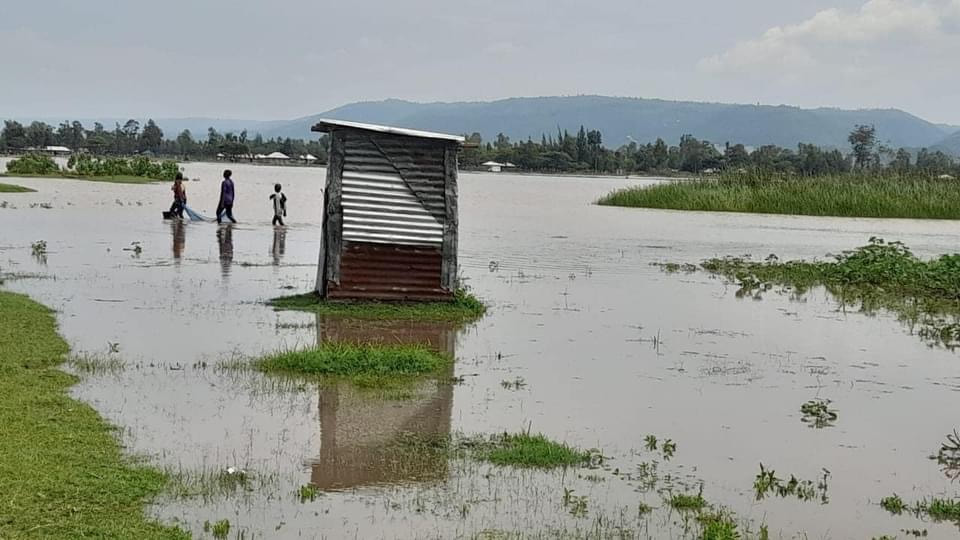
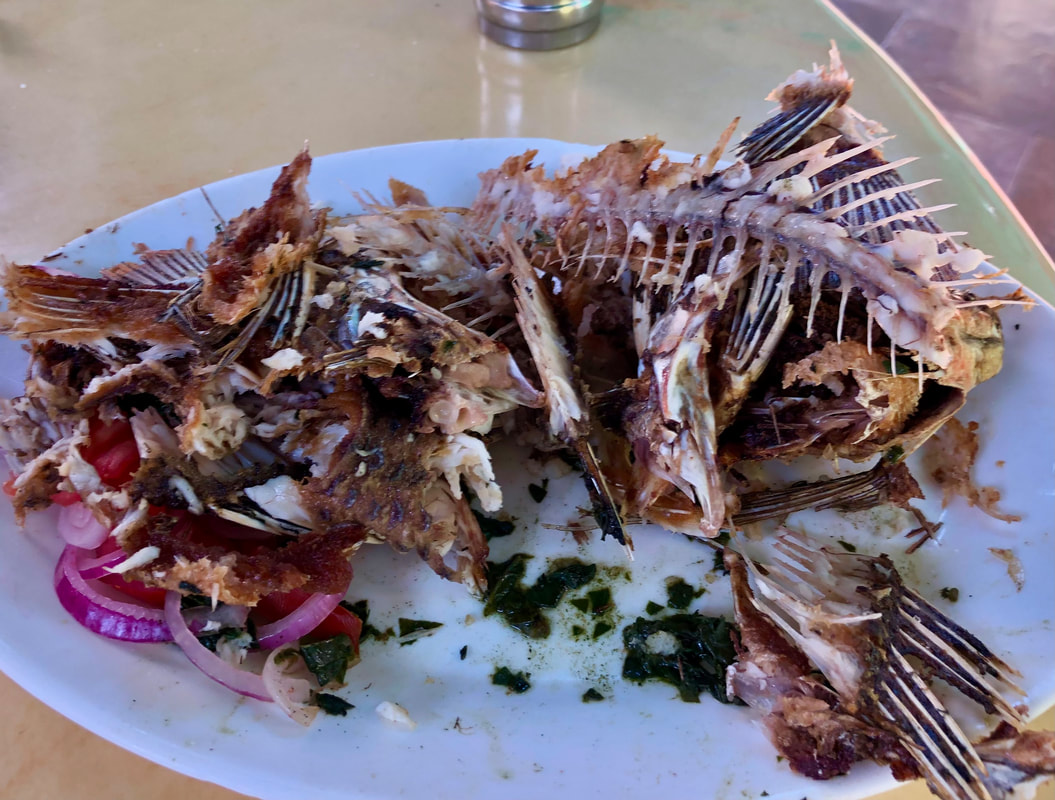
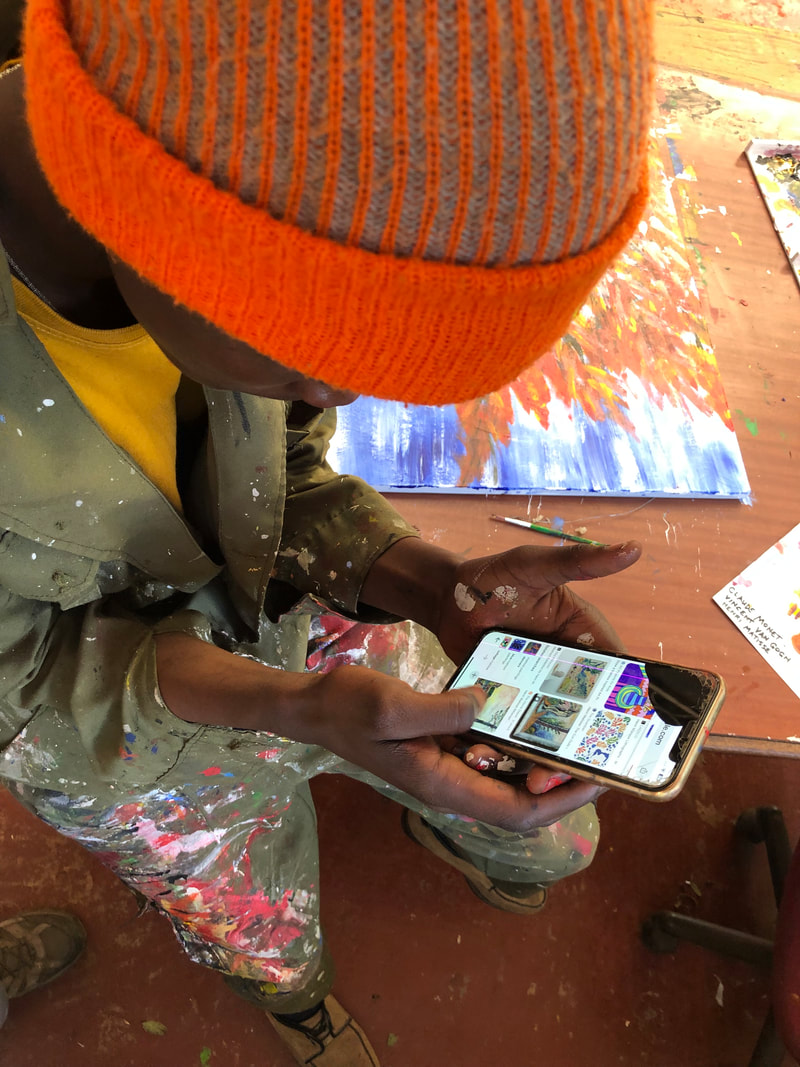
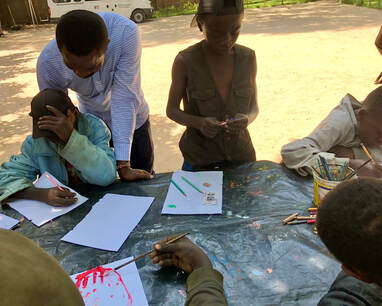
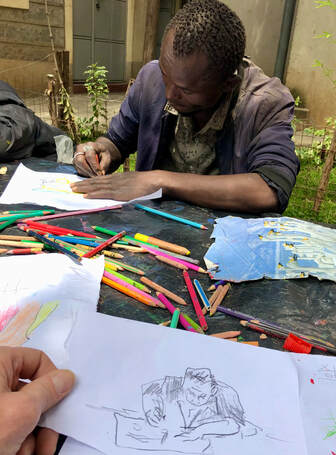
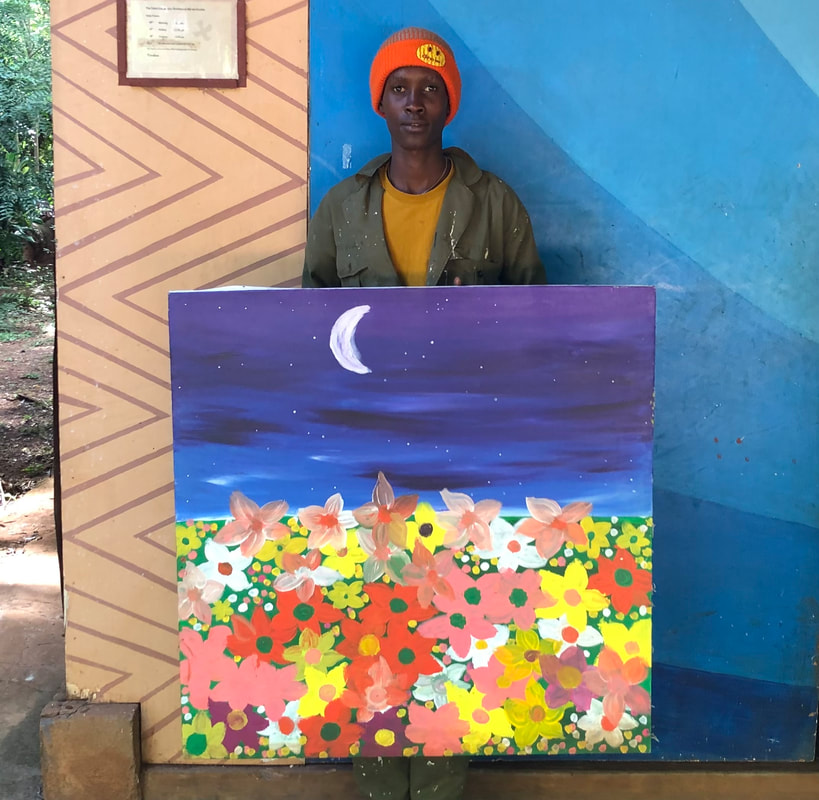
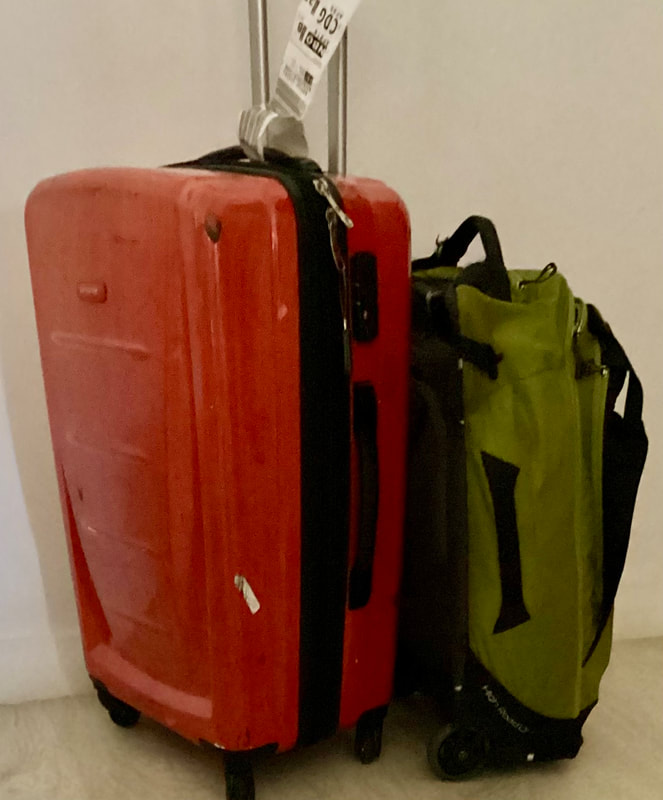
 RSS Feed
RSS Feed